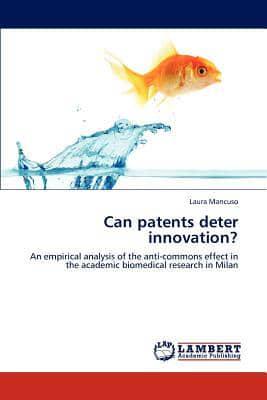Publisher's Synopsis
The increased use of intellectual property rights (IPRs) in scientific research has sparked a vigorous debate over what is known as the "anti-commons effect". At its core, the anti-commons debate is an argument over whether such expansion of IPR in the form of patents is contaminating researchers' incentives to freely disseminate their findings, "privatizing" upstream research and limiting the benefits from scientific progress. Since empirical literature on the anti-commons effect is quite limited, the aim of this thesis is to provide an empirical analysis of this phenomenon, focused on the academic biomedical research in Milan. Results suggest that patenting activity is widespread among academic researchers in this context. However, patenting does not seem to limit research and publishing activity. Access to tangible research inputs from other seems problematic for scientific competition, not for previous patents on these inputs. A key reason for the negligible impact of patents on the conduct of academic biomedical research is that scientists largely ignore them. It can be stated that there is no evidence of the anti-commons effect in academic biomedical research in Milan.










